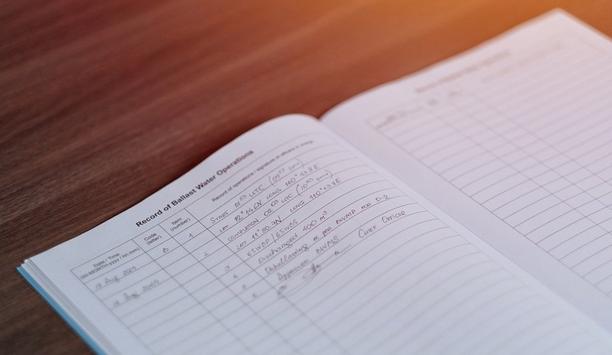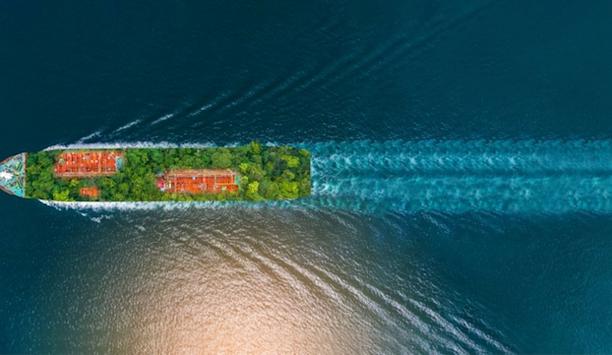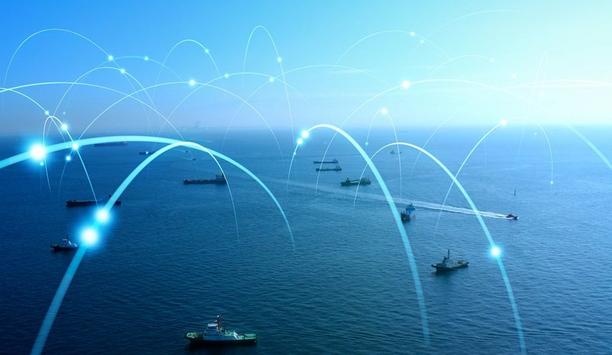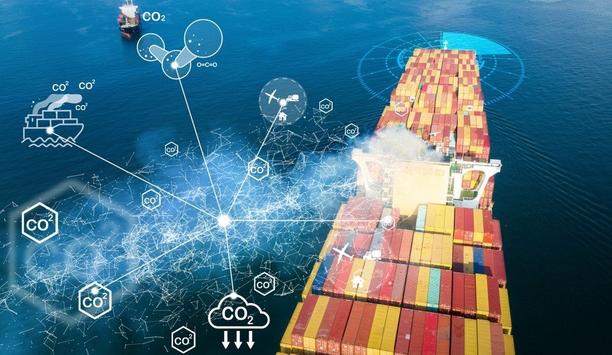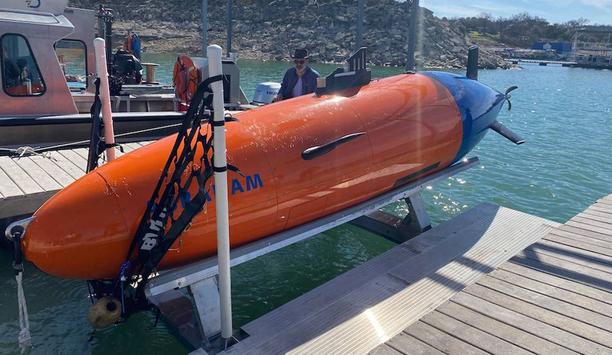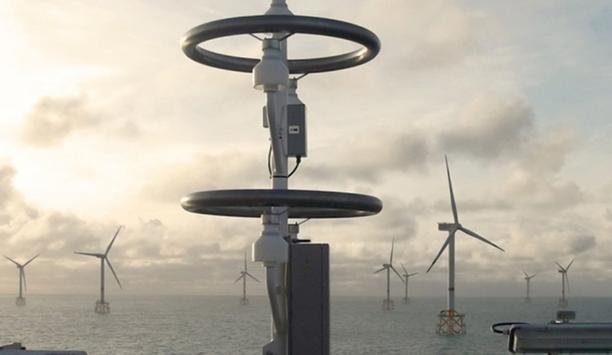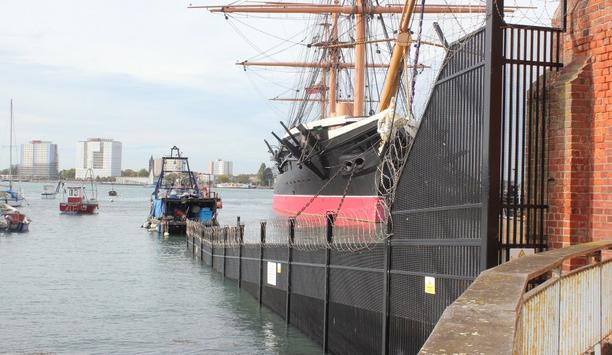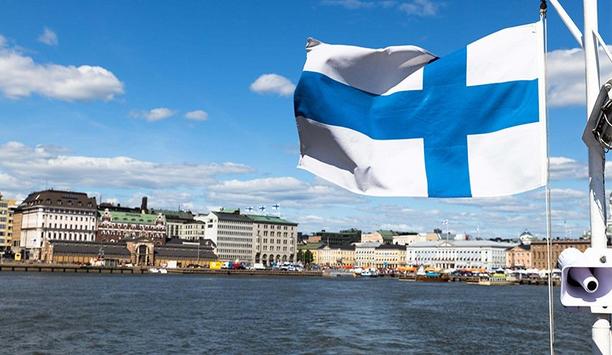Decarbonisation - Expert commentary
When the Ballast Water Management (BWM) Convention came into force in 2004, it was in response to a crisis we couldn’t afford to ignore—one where invasive aquatic species, carried silently in ships’ ballast tanks, were devastating marine ecosystems. Now, two decades later, compliance with this environmental safeguard is no longer optional—and yet, as recent industry findings reveal, record-keeping failures account for 58% of compliance issues. That’s not a technol...
The shipping industry is currently navigating a profound transformation driven by environmental concerns, new emissions targets, and evolving regulations. As vessel owners and operators seek to reduce emissions while remaining competitive, determining the right strategy has become increasingly complex. Factors such as alternative fuel availability, fluctuating prices, and an ever-expanding range of technological solutions have made decision-making anything but straightforward. Lack of motivat...
Maritime communications came a long way before they could deliver the first Global Maritime Distress and Safety System (GMDSS). Still, it is fair to say that their forward march has only accelerated in the two-and-a-half decades since. Today, shipping companies rely on satellite connectivity to protect their vessels and people and enable the digitalisation, decarbonisation, and crew-welfare initiatives on which its successes rely. Low-Earth orbit (LEO) networks Against this background, t...
Aiming to establish minimum requirements for the cyber-resilience of newbuild vessels and their connected systems, IACS unified requirements (URs) E26 and E27 provide a new benchmark for shipping’s response to its growing exposure to cyber-attacks. Officially in force from 1 July 2024 and broadly welcomed by industry, the new URs represent another step forward in strengthening Maritime's resilience to the evolving cyber threat. However, according to a thought-provoking discussion recently...
Demand for ammonia is being transformed by the energy transition. Until recently used as an input for fertiliser and chemical products, new markets for green and blue ammonia are emerging, replacing fossil energy in power generation, steel production and marine fuel. Today some 200m tonnes per annum of ammonia is produced worldwide with 20m tpa transported in LPG carriers. The scale of the emerging and potential demand will see these figures rise; how quickly this can be achieved will determine...
When I recently read about OceanXplorers, Disney Plus' new series about heroic scientists researching the world of the deep, I was excited—not least for my kids—and quietly dismayed. Our society needs to do for the ocean what Carl Sagan and Neil DeGrasse Tyson did for outer space: familiarise ourselves, get excited, engage and connect. That said, NASA's funding is $22.6 billion, and NOAA received roughly one-quarter of that at $5.4 billion. A decent amount of people reading thi...
With COP26 just around the corner and a year on from the announcement of the UK Government’s 10 Point Plan, the need to become more carbon neutral is as prominent as ever and is now underway in numerous industries across the world. Frequent severe weather events It’s no secret that the weather is changing, with severe conditions happening more frequently and at pace, with soaring temperatures, storms, flooding and even volcanic eruptions all making headlines on a regular basis. Ho...
Ports around the UK continuously command media attention, and most recently, the ongoing disruption to supply chains globally has had a great impact on the day-to-day running of our ports. One example is Felixstowe, the UK’s largest container port, which has been forced to turn away ships from Asia because of a lack of capacity. The severe lack of HGV drivers is adding to the problem too. It has been reported that the amount of time goods spend inside Felixstowe port, known in the indust...
The cruise industry has received a vital lifeline in its bid to safely set sail once again. Several pioneering Finnish businesses and organisations have developed new, innovative safety approaches for the sector to adopt, in response to new post-pandemic measures. These new initiatives and research projects are set to bring the industry back from the brink and ensure a safer and successful cruise experience for all. Undertaking health and safety measures Expectations surrounding cruises toda...
